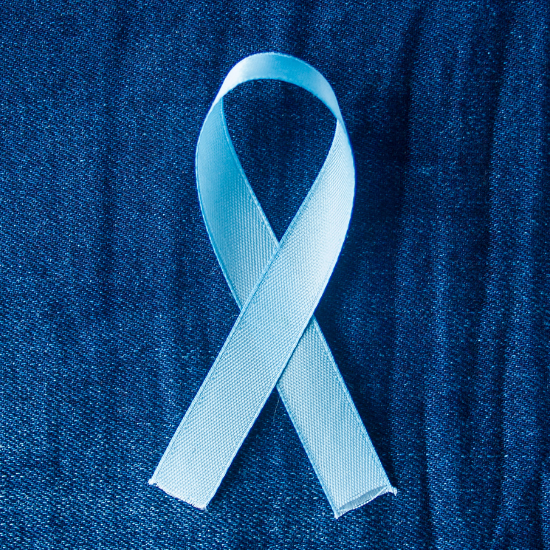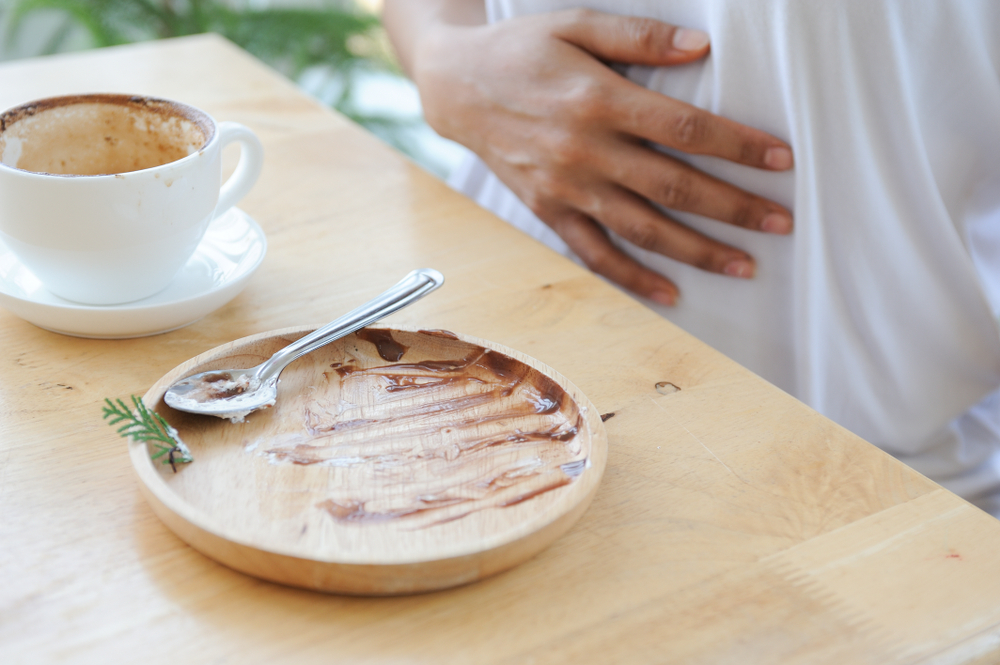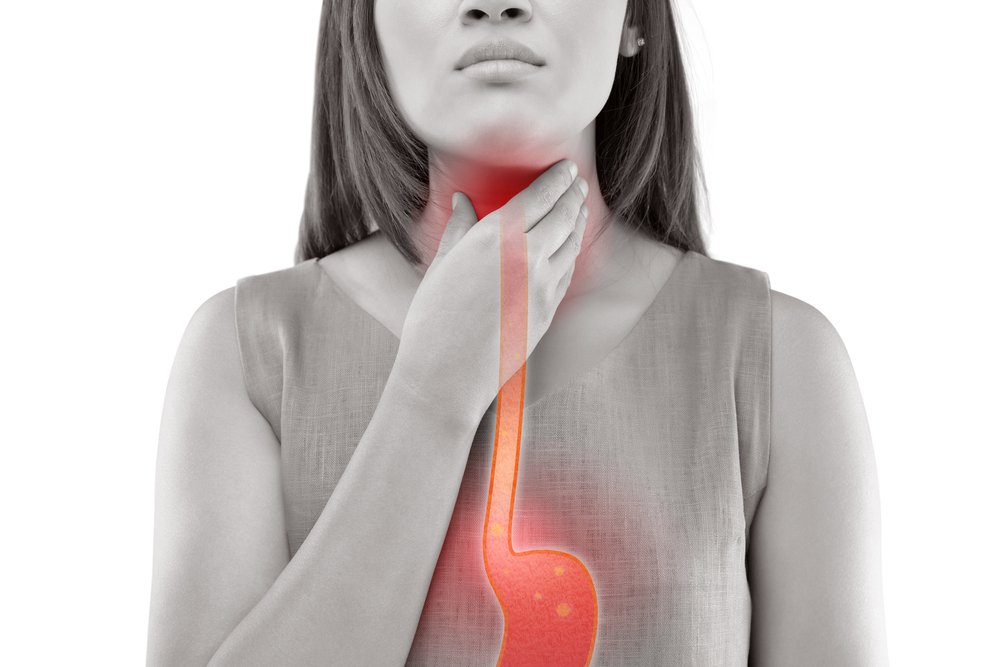Are you throwing up undigested food?
Learn more about Achalasia and why it may be causing you to throw up undigested food.
Are you suffering from small intestinal bacterial overgrowth?
Learn more about Achalasia and why it may be causing you to throw up undigested food.
Achalasia is a rare disease that affects 1 in 100,000 Australians every year.
A person suffering from Achalasia may experience difficulty in swallowing food or beverages due to the inability of the oesophagus to pass food and liquid.
This typically happens when the nerves in the oesophagus are damaged, inhibiting muscle contractions that help move food and beverages through.
When this happens, food cannot pass through and is collected in the oesophagus, resulting in undigested food regurgitation.
Common symptoms of Achalasia include:
- Belching
- Vomiting
- Heartburn
- Inability to swallow
- Recurring chest pain
- Throwing up undigested food
While there is no cure for Achalasia, consulting your physician can help you manage the symptoms.

Achalasia is a rare disease that affects 1 in 100,000 Australians every year.
A person suffering from Achalasia may experience difficulty in swallowing food or beverages due to the inability of the oesophagus to pass food and liquid.
This typically happens when the nerves in the oesophagus are damaged, inhibiting muscle contractions that help move food and beverages through.
When this happens, food cannot pass through and is collected in the oesophagus, resulting in undigested food regurgitation.
Common symptoms of Achalasia include:
- Belching
- Vomiting
- Heartburn
- Inability to swallow
- Recurring chest pain
- Throwing up undigested food
While there is no cure for Achalasia, consulting your physician can help you manage the symptoms



How is Achalasia diagnosed?
In most cases, Achalasia may be misdiagnosed as the symptoms closely resemble other gastrointestinal issues. Your physician may recommend the following tests to accurately diagnose your condition.


Oesophagram
X-rays are taken after you consume a chalky liquid, which helps to coat and fill the lining of your digestive tract and gives a clear picture of your stomach. In certain instances, your physician may ask you to swallow a barium pill, which helps identify any blockages in the oesophagus.


Endoscopy
The physician may insert a thin, flexible tube with a light at the end to examine your oesophagus and stomach. If you have undergone the barium study and symptoms indicate that there could be a partial blockage in your oesophagus, then the endoscopy will provide a clearer image.


Oesophageal manometry
This test helps your physician measure the muscle contractions when you swallow food or beverages and monitor if there are any abnormalities in the reaction. The test helps identify the exact type of motility issues you may be experiencing, helping your physician to reach a diagnosis.
The best treatment for Achalasia
The best treatment for Achalasia focuses on stretching or relaxing the lower oesophageal sphincter to make food and liquid travel through the digestive tract easily.
The treatment for Achalasia may depend on the severity of the condition along with contributing factors such as age and other health conditions.
Non-surgical treatment
Botox
Botox is a muscle relaxant and can be injected into the oesophageal sphincter. The injections may need to be repeated. That said, repeated botox injections may make it difficult to consider surgical treatment.
Pneumonic dilation
This treatment starts by sedating you and using endoscopy to insert a balloon into your oesophageal sphincter and inflate it to create a larger opening. This is an outpatient procedure and can be repeated.
Botox
Botox is a muscle relaxant and can be injected into the oesophageal sphincter. The injections may need to be repeated. That said, repeated botox injections may make it difficult to consider surgical treatment.
Pneumonic dilation
This treatment starts by sedating you and using endoscopy to insert a balloon into your oesophageal sphincter and inflate it to create a larger opening. This is an outpatient procedure and can be repeated.
Surgical treatment
Heller myotomy
The surgeon makes a small incision in the muscle at the bottom of the oesophageal sphincter to allow food to travel easily to the stomach. The procedure, although surgical, can be done non-invasively.
Peroral endoscopic myotomy (POEM)
The surgeon will insert an endoscope through your mouth to make a small cut in the inside of your oesophagus lining. The surgeon will then cut the muscle at the bottom of the oesophageal sphincter.
Heller myotomy
The surgeon makes a small incision in the muscle at the bottom of the oesophageal sphincter to allow food to travel easily to the stomach. The procedure, although surgical, can be done non-invasively.
Peroral endoscopic myotomy (POEM)
The surgeon will insert an endoscope through your mouth to make a small cut in the inside of your oesophagus lining. The surgeon will then cut the muscle at the bottom of the oesophageal sphincter.
Other reasons why you may be throwing up undigested food
Aside from Achalasia, there may be other conditions that could cause you to throw up undigested food. These include:

Gastroparesis
This affects the normal motility of your stomach, causing food and liquid to move slowly or not travel at all through the digestive tract.


Rumination syndrome
This is a rare condition that causes undigested food to be regurgitated. This can happen quite frequently and soon after you consume a meal.


Acid reflux
Some common triggers for this condition may include eating certain foods, eating too much, or lying down soon after consuming meals.


GORD


Medications
If you are throwing up undigested food, then another possibility could be that you are taking certain medications that may be causing this condition.
This is why getting the right diagnosis can help you receive the right treatment and help you manage your symptoms and conditions faster and more easily.
FAQ
What causes achalasia?
While medical professionals aren’t sure what exactly causes achalasia, it’s believed a combination of factors can lead to its development, which includes:
- Genetics
- An autoimmune condition that causes nerve degeneration in the oesophagus
- Damage to the nerves in the oesophagus or lower oesophageal sphincter
- Viral infections that prompt an autoimmune response
- Chagas disease—a rare parasitic infection that has been linked to the development of achalasia
How serious is achalasia?
Achalasia has the potential to cause serious health complications, especially if you don’t seek treatment.
It may lead to:
- An enlarged and weakened oesophagus (megaesophagus) from repeatedly throwing up undigested food
- Oesophagitis (irritation and inflammation in the oesophagus)
- Oesophageal perforation (a hole that can form in the walls of your oesophagus if it becomes too weak from backed-up food)
- Aspiration pneumonia (occurs when particles of food or liquid that are trapped in your oesophagus enter your lungs)
- Increased chance of developing oesophageal cancer
What lifestyle changes can help with achalasia?
There’s no real cure for achalasia, which means that even with the best treatment for achalasia, symptoms, including throwing up undigested food, may not completely disappear.
Making the following permanent lifestyle changes can help:
- Eating smaller meals
- Avoiding foods that cause heartburn
- Quitting smoking
- Sleeping propped up instead of flat
Schedule an appointment and speak with a gastrointestinal specialist
The Sydney Gut Clinic has trained and experienced specialists who specialise in treating a wide range of gastrointestinal conditions, including Achalasia.
If you’re experiencing symptoms of Achalasia, consult a specialist today and get the personalised care you deserve.
Sydney Gut Clinic services are only available to patients in Australia.
